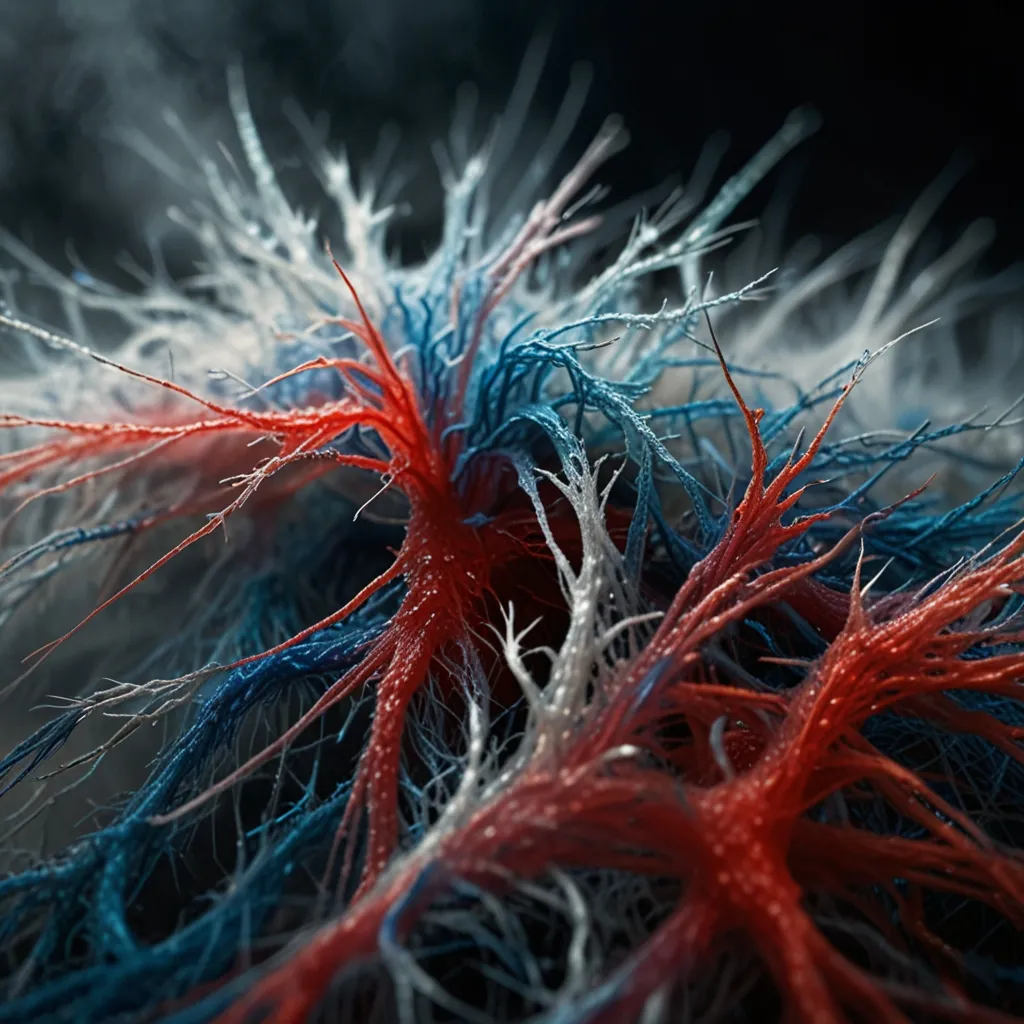Morgellons disease—it’s a real head-scratcher. People with this condition often report itching, burning, and stinging sensations under their skin. The oddest part? They say strange fibers, in colors like red, blue, black, or white, pop out of their skin. These fibers aren’t like anything you’d find in your clothes—they resemble tubes or tangled threads.
Fun fact: Morgellons disease isn’t new. It was mentioned way back in 1674 by Sir Thomas Browne, an English physician who noticed French kids with coarse hairs sprouting from their backs. Flash forward to 2002 when it got a resurgence of interest in the U.S.
Here’s where things get weird. The medical crowd is pretty split on what Morgellons is all about. Many think it’s a psychiatric issue, specifically delusional parasitosis. Basically, that means people believe they have parasites crawling under their skin, even when lab tests don’t show any infections. Biopsies usually just show some generic inflammation, nothing conclusive.
But there’s another camp that suspects an infectious agent, like spirochetes (those funky spiral-shaped bacteria). Some studies find that the fibers in Morgellons patients aren’t typical textile fibers but are made from stuff like keratin and collagen. This suggests that these weird fibers could be the body’s reaction to an infection.
This debate has created a big rip between patients and doctors. Patients often feel like they’re not being taken seriously, while some doctors see the symptoms as purely psychological. The internet hasn’t helped either—self-diagnosis has spiked, and now more and more people think they have Morgellons.
The Morgellons Research Foundation is working hard to get the condition recognized as a legit infectious disease, not just a mental health issue. They emphasize the need for doctors to give full information and get consent before referring patients to psychiatrists.
The whole Morgellons saga also stirs up conversations about how the internet shapes public opinion on medical conditions. On one hand, the web gives patients a voice and a platform to share their stories. On the other, it spreads a lot of misinformation and wild conspiracy theories, like the idea that Morgellons is linked to government experiments.
So, Morgellons remains one of medicine’s unsolved mysteries, dividing opinion in the medical community. Whether it’s a mental health condition or an infectious disease, we definitely need more research and, importantly, a lot more empathy in treating the people who say they’re suffering from it.






